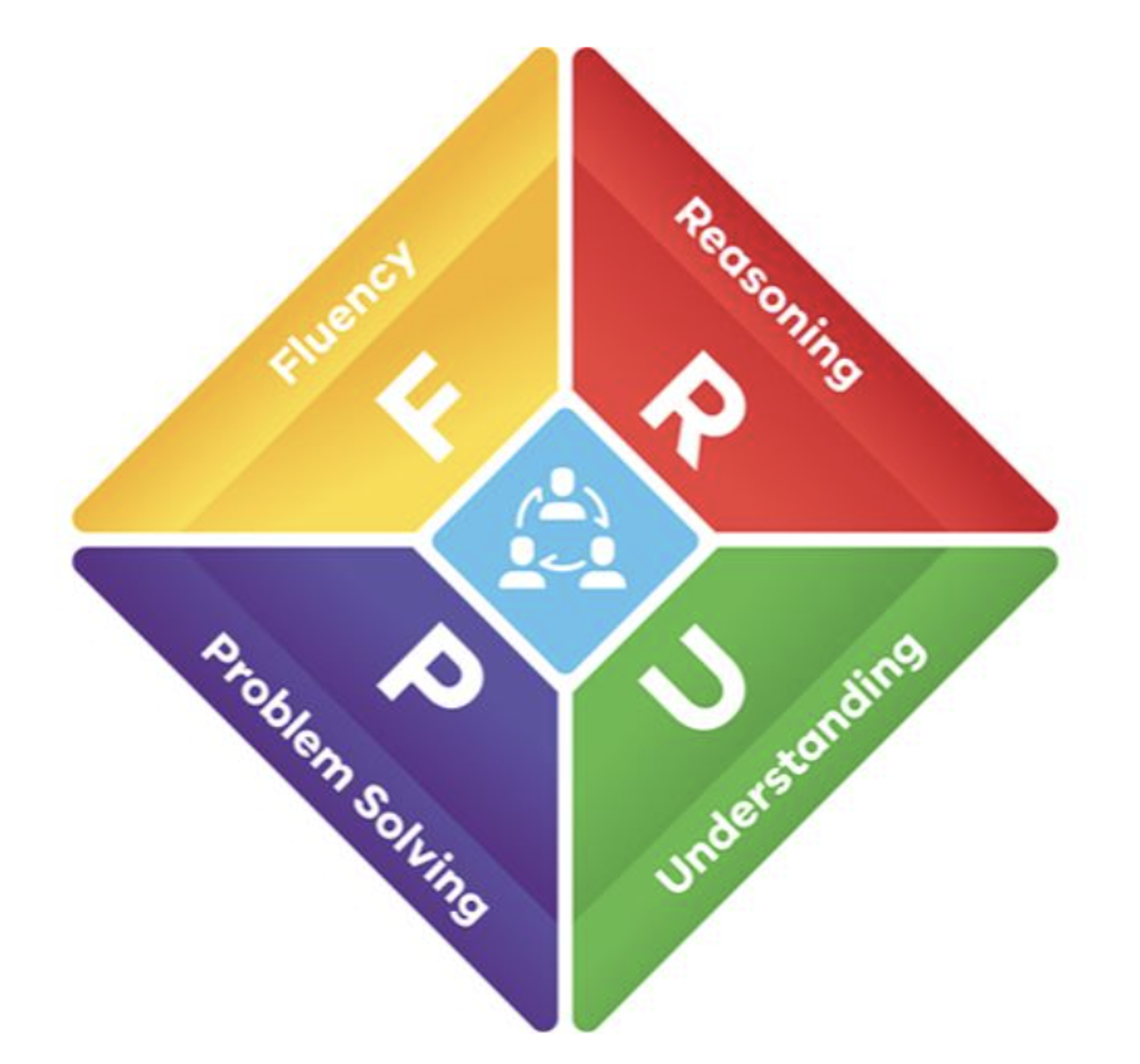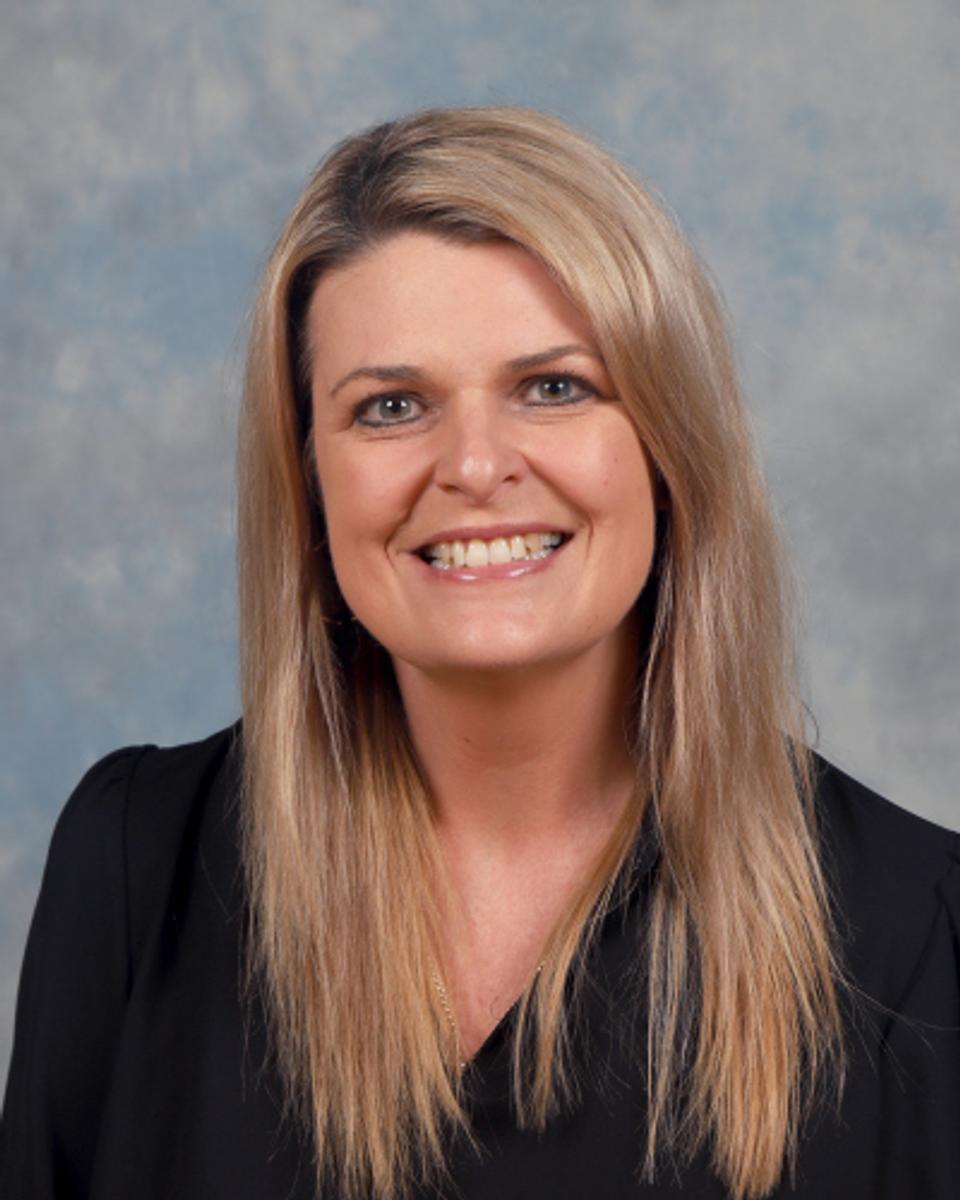Teaching and Learning

Visit from BELS teacher
On Tuesday 29th August, we had a visiting teacher from the Blackburn English Language School (BELS) in Burwood East. Lisa, a Foundation teacher from BELS, spent the morning with our Foundation teachers to observe classroom teaching strategies with students from language backgrounds other that English. Rangeview Primary School has a close relationship with BELS, with some of our students having attended the language school previously and some students enrolled to attend BELS in the near future.
Blackburn English Language School (BELS) is part of the New Arrival Program (NAP) and provides intensive English language programs to primary and secondary aged newly arrived students from language backgrounds other than English (LBoTE).
Mathematics
Proficiencies
The Victorian Curriculum: Mathematics identifies a reciprocal relationship between learning in mathematics and numeracy. This relationship is demonstrated in learning environments through the Proficiencies.
The proficiencies of Understanding, Fluency, Problem Solving and Reasoning are fundamental to learning mathematics and working mathematically and are applied across all three content strands Number and Algebra, Measurement and Geometry, and Statistics and Probability. The content strands describe what is to be taught and learned and the Proficiencies describe how the content is explored or developed, that is, the thinking of mathematics.
Understanding refers to students building a robust knowledge of adaptable and transferable mathematical concepts and structures that they build on from Foundation through to Secondary School.
Fluency refers to students developing skills in choosing appropriate procedures, carrying out procedures flexibly, accurately, efficiently and appropriately, and recalling factual knowledge and concepts readily.
Problem Solving is the ability of students to make choices, interpret, formulate, model and investigate problem situations, select and use technological functions and communicate solutions effectively.
Reasoning refers to students developing an increasingly sophisticated capacity for logical, statistical and probabilistic thinking and actions, such as conjecturing, hypothesising, analysing, proving, evaluating, explaining, inferring, justifying, refuting, abstracting and generalising.
The Proficiencies underpin planning across the three Mathematics content strands at Rangeview and at all levels from our youngest in Foundation to our senior students in Grade 5/6.
Composite / Multi-age Classes
Composite classes, also known as multi-age or combined classes, are a teaching arrangement in schools where students from different grade levels are grouped together within a single classroom. In a composite class, students typically span two grade levels, allowing for a diverse age range within the same learning environment. Composite classes provide schools with flexibility and options to ensure even class sizes and a balance of student social and academic needs across year levels.
Composite classes can offer several benefits. Students can mix socially and academically with a wide range of students, fostering a sense of community. Students work at their own rate within a community of learners are are able to learn from, and with, each other. Peer mentoring is encouraged with younger students working alongside older peers, who can demonstrate leadership and high level understandings of learning concepts.
All classes, whether single-age or multi-age, have students with diverse learning needs and abilities. Teachers are trained in differentiation of curriculum to meet the varying abilities of their students in any classroom.
Research tells us that high quality teaching and learning is the key to a successful learning environment in any classroom, not the structure or makeup of the class. There is no evidence that student learning may be hindered by a composite class
Kate McLeod
Assistant Principal
Teaching and Learning




